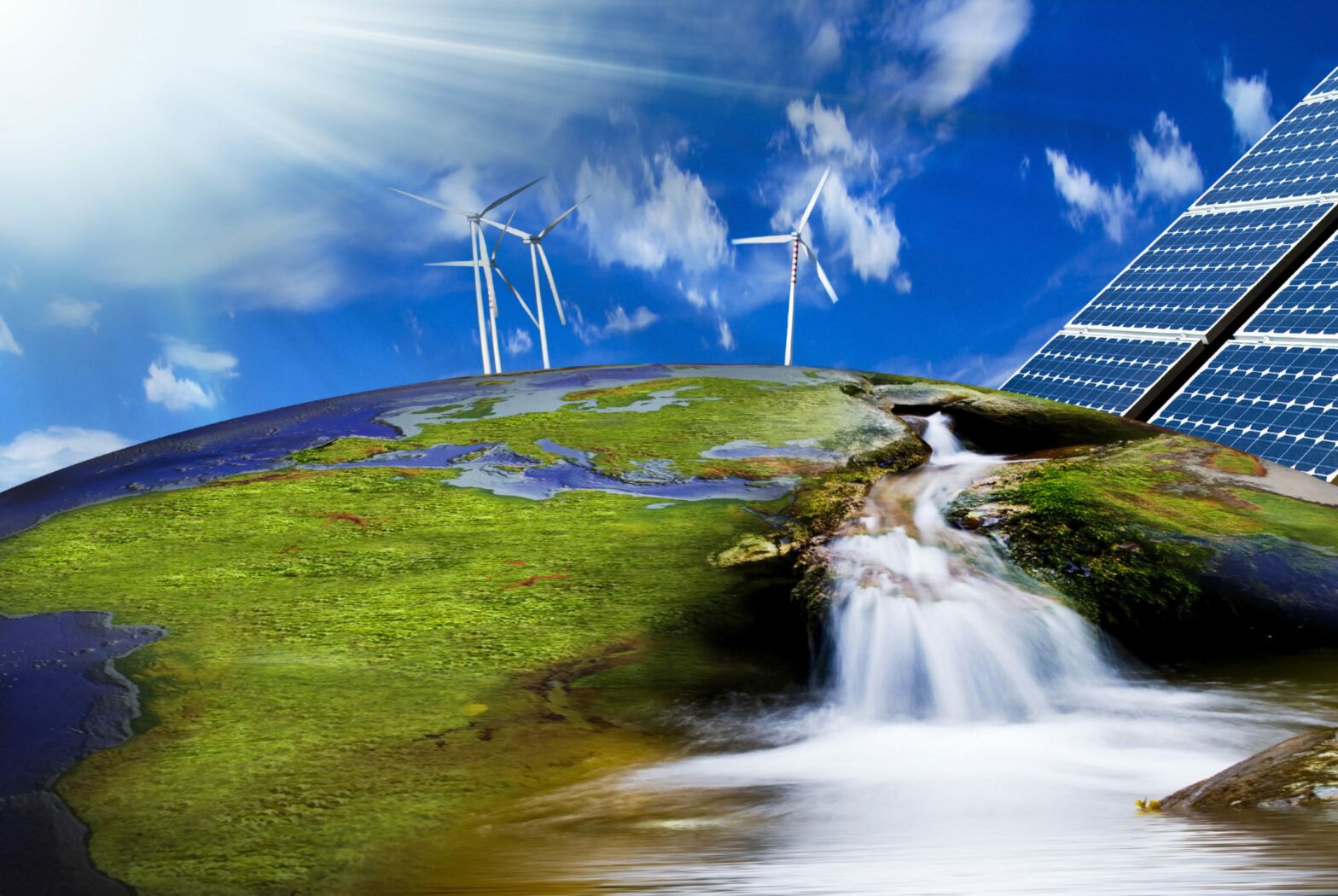HSBC has partnered with World Resources Institute (WRI) and World Wide Fund for Nature (WWF) to launch a $100m partnership to tackle climate change.
The Climate Solutions Partnership will focus on start-ups addressing biodiversity and transitioning energy growth to renewables in Asia with the overall aim of accelerating progress towards a 1.5 degree pathway to net zero.
See also: – New investment approaches needed to reach net zero
Its biodiversity projects include 20 global solutions protecting wetlands, mangroves and forests and promoting sustainable agriculture. For example, the Midwest Row Crop Collaborative project is supporting farmers to drive positive environment outcomes in the Upper Mississippi River Basin through the adoption of regenerative agriculture practices to improve soil health and increase resilience in the US food system.
Furthermore, its energy transition work includes renewables and/or energy efficiency programmes in Bangladesh, China, India, Indonesia and Vietnam, which is said account for more than 35% of the world’s power consumption combined. Sectors include healthcare, textiles and apparel. The pilot is taking place in China.
Through WWF’s Impactio collaboration platform, the partnership will also help support 150 businesses to scale, in collaboration with leading universities such as University of Birmingham and Imperial College London, research institutes, incubators and accelerators. “The first pilot challenge, involving 18 start-ups from five markets, has just been completed, and the first live challenge commences later this year,” the partners said in a release.
HSBC group CEO Noel Quinn, added: “The transition to net zero must be driven by cutting edge science and innovation – and also collaboration. Finding the best solutions for clean energy, clean transport and environmental protection is vital, as is making them commercially viable.”
WWF-UK CEO Tanya Steele said: “With our climate in crisis, the financial sector must urgently rise to the challenge and drive the transition to a net-zero economy. Major players like HSBC have a crucial role to play in leading the sector to become part of the solution to our planet’s recovery and building a greener, fairer economy.”
Last year, HSBC Global Asset Management entered into a joint venture with a climate change specialist Pollination Group Holdings to establish a “natural capital” investment manager named HSBC Pollination Climate Asset Management.
The company aims to launch a suite of private funds to tap into themes in both emerging and developed markets. The first fund is planned for the middle of 2021 and will look to raise up to $1 billion.
Today’s WWF/WRI announcement follows a number of recently launched initiatives by HSBC, including the Natural Capital Investment Alliance in which HSBC Pollination Climate Asset Management, Lombard Odier and Mirova came together in January to seek natural capital opportunities, and a host of green initiatives unveiled in October 2020 including plans to target net-zero carbon emissions by 2050.
However, shareholders have been keen to stress that financing new initiatives and innovations must go hand in hand with reducing its own emissions. In January Sarasin & Partners’ head of stewardship Natasha Landell-Mills said: “Increasing financing for green activities only gets us halfway; the board must be clear on its intent to withdraw financing of harmful emissions.”
In March, HSBC’s board tabled a resolution from a coalition of asset managers and other investors that commits the company to phase out financing of coal-fired power and thermal coal mining by 2030 in the EU and OECD and by 2040 elsewhere. It will be put to a vote at HSBC’s AGM next week.








